团队教师:
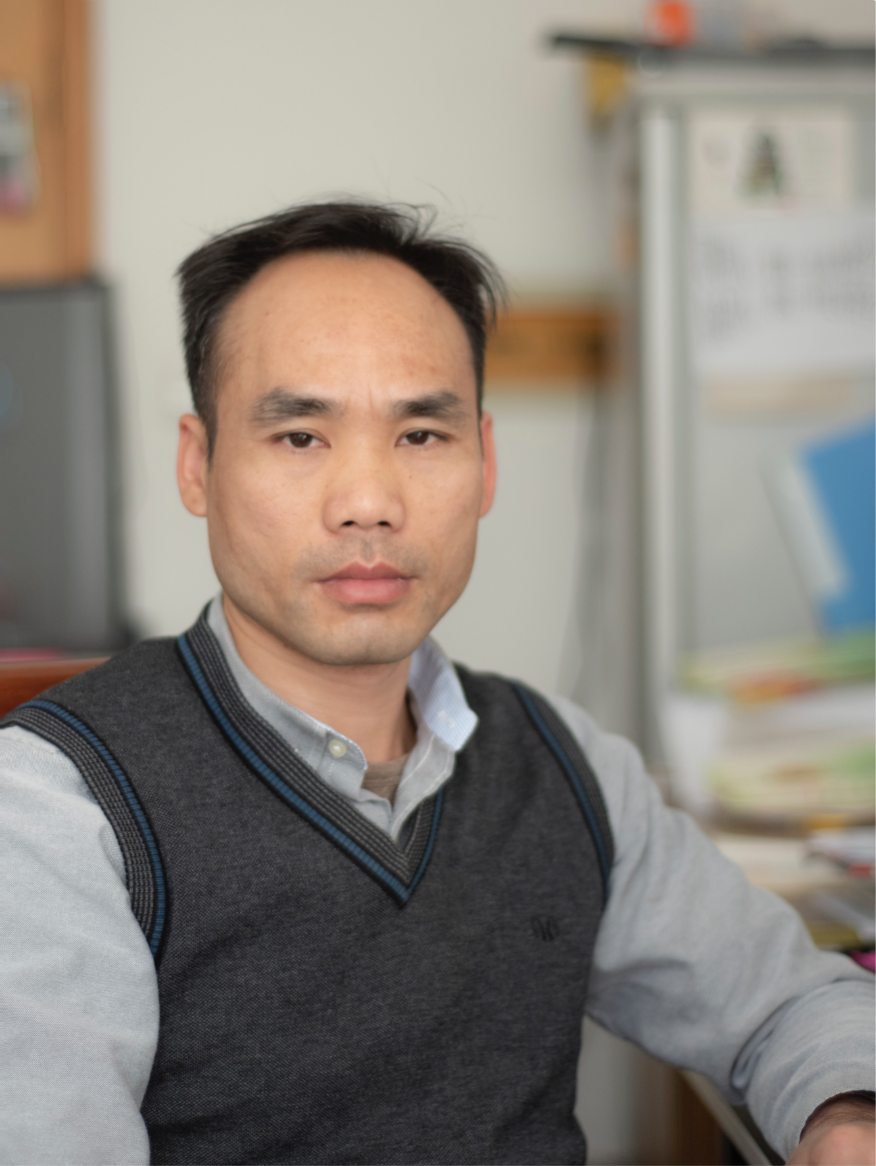
区琼荣,信息学院光源与照明工程系教授/博导,中国力学学会等离子体专业技术委员会委员,中国宇航学会电推进专业委员会委员,信息学院光源与照明工程系副系主任。研究领域包括等离子体材料表面功能化改性研究,以及等离子体空气净化技术孵化,主攻电解水析氢催化剂和超级电容用石墨烯基金属复合材料的功能化修饰及其量产技术,承担了多项石墨烯基复合电极材料表面功能化及有机光电材料相关的国家级项目;在等离子体空气净化技术方面与企业界有广泛合作,有多项技术成果在企业推广应用,有多年产学研校企合作经验。
Qiongrong OU received the B.S. degree in physics from the Guangxi University, China, in 1999. He received the M.S. and Ph.D. degrees in physics from the Institute of Plasma Physics of the Chinese Academy of Sciences, China, in 2002 and 2005, respectively. From 2005 to 2009, he was a research fellow in Shizuoka University, Japan. He became an associate professor in Fudan University, China, in 2009, and then a full professor in 2015. His research currently focuses on plasma-based air and water purification and plasma applications in tuning material and interface properties of optoelectronic devices.
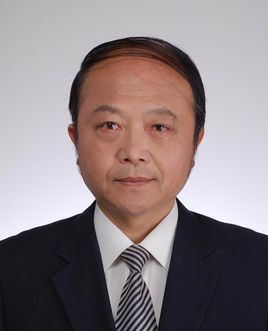
梁荣庆,信息学院光源与照明工程系教授/博导,信息学院学术委员会委员,中国物理学会等离子体专业分会理事,中国力学学会等离子体专业分会理事,上海市照明学会理事长。
Rongqing LIANG received the B.S. and M.S. degree in physics from the University of Science and Technology of China, in 1982 and 1985, respectively. He received the Ph.D. degree from Institute of Plasma Physics of the Chinese Academy of Sciences in 1993, China. From1991 to 1995, he was a researcher in the National Institute for Fusion Science, Japan. He became a researcher in the Institute of Plasma Physics of the Chinese Academy of Sciences from 1985 to 2002 before joining Fudan University as a full professor. He was the head of Department of Illuminating Engineering and Light Sources and director of the Institute for Electric Light Sources, Fudan University, from 2009 to 2015. He is currently the vice-chairman of China Illuminating Engineering Society and chairman of Shanghai Illuminating Society. He was awarded a Third Prize of Science and Technology Progress by Chinese Academy of Sciences. He is the author of more than 50 articles, and many inventions. His research interests mainly are in plasma physics, plasma sources and plasma applications in optoelectronics.
徐旭,兼职导师,公安部第三研究所研究员,光源与照明工程系兼职博导,中国人工智能学会智能博弈与兵棋推演专委会委员,中组部第八批援藏团成员,在人工智能、大数据、资金查控、智能交通、视频分析、情报分析领域具有复合专业背景和科研工程实践经验,近年来先后负责国家级、省部级项目5项,参与国家级、省部级项目10余项,获得过个人三等功1次、个人嘉奖3次、集体三等功2次、优秀党务工作者等荣誉。有多项研究成果大范围推广:汽车电子标识系统信息安全关键技术已被国家标准和行业标准采纳,并在北京、广州、无锡三地开展工程建设;大数据态势评价体系和交管主题相结合的研究成果,已在北京公安局公安交通管理局“12+2”大数据情报平台应用部署;牵头组织的暴恐立体防控体系、一级公安检查站协同查验系统在边疆地区完成全线工程建设。
研究生:
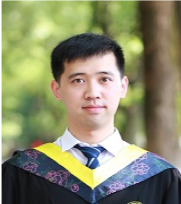
Dai ZHANG received his bachelor degree in materials chemistry from Power Metallurgy Research Institute, Central South University, in 2018. He is now pursuing the Ph.D. degree in physical electronics in Fudan University from 2018. His research interests include plasma applications in synthesis of nanomaterials for electrocatalysis and sensing.
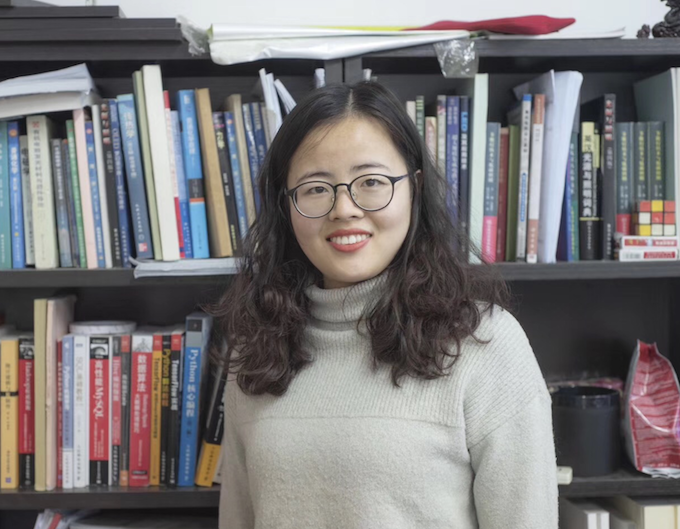
Wenqi ZHAO received the B.S. degree in powder material science and engineering from Central South University, in 2018. She is now pursuing the Ph.D. degree in physical electronics in Fudan University from 2018. Her current research focus on electrochemical luminescence.
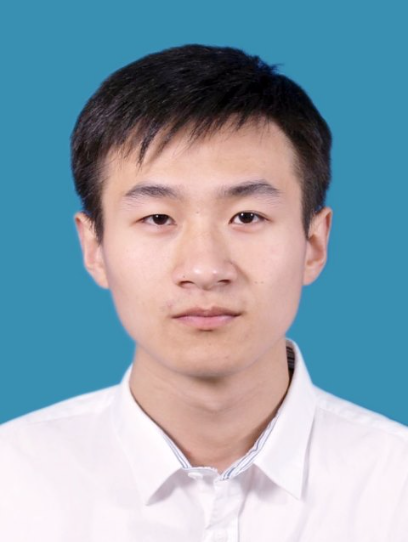
Feilong WANG received the B.S. degree in Photoelectric Information Science and Engineering from Soochow University, Suzhou, China, in 2019. He is now pursuing the Ph.D. degree in Physical Electronics in Fudan University. His research focuses on the applications of photonic nanostructures and photoelectronic nanodevices.

Anqi ZHOU received her B.S. degree in electrical engineering and automation from Fudan University, China, in 2019. She is now pursuing the master degree in physical electronics in Fudan University. Her research focuses on the synthesis, properties, and optoelectronic applications of ion-doped metal lead halide perovskite nanocrystals.
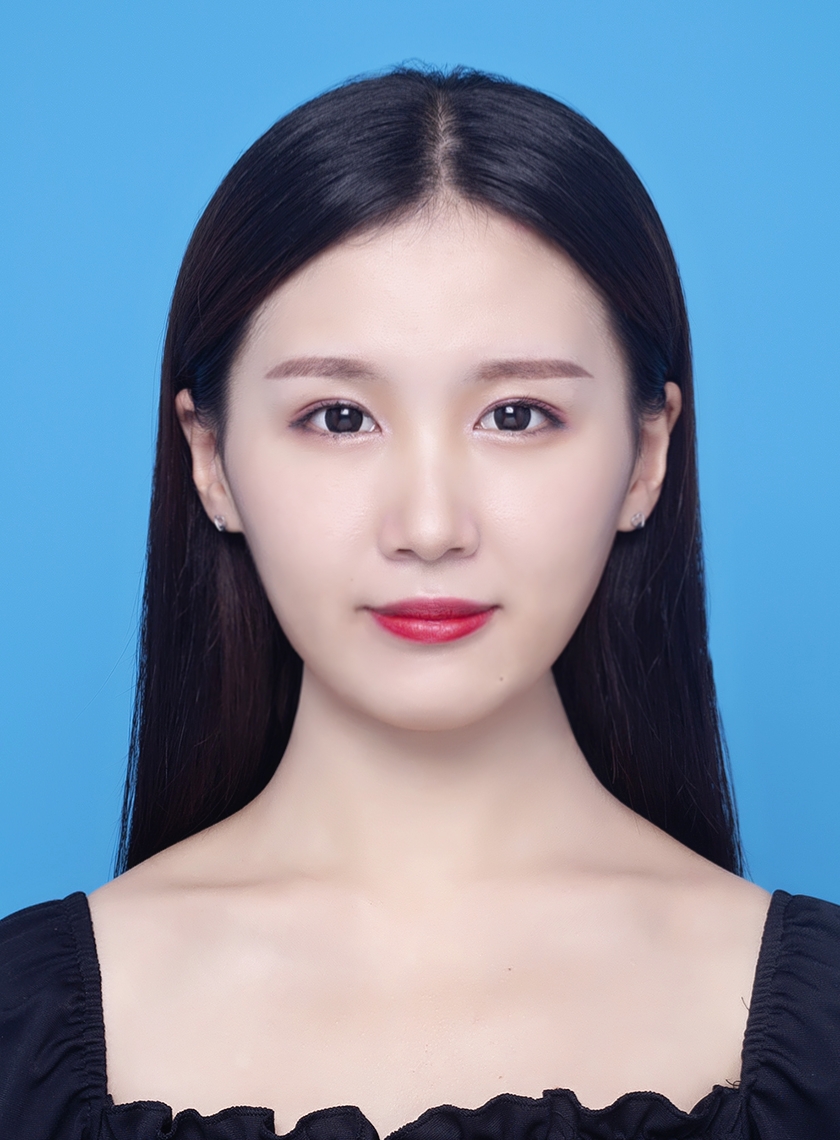
Minghui CUI received her B.S. degree in material Science and Engineering from Central South University, China, in 2019. She is now pursuing the master degree in physical electronics in Fudan University. Her research focuses on the surface modification of materials by plasma method.
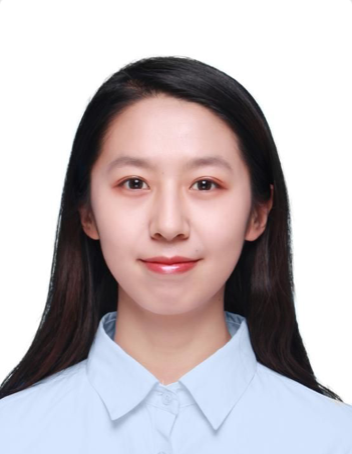
Xiaoshan ZHANG received the B.S. degree in composite materials and engineering from University of Jinan, Jinan, China, in 2020. She is now pursuing the master degree in physical electronics in Fudan University. Her research focuses on the synthesis, properties, and optoelectronic applications of perovskite quantum dots.
毕业生:
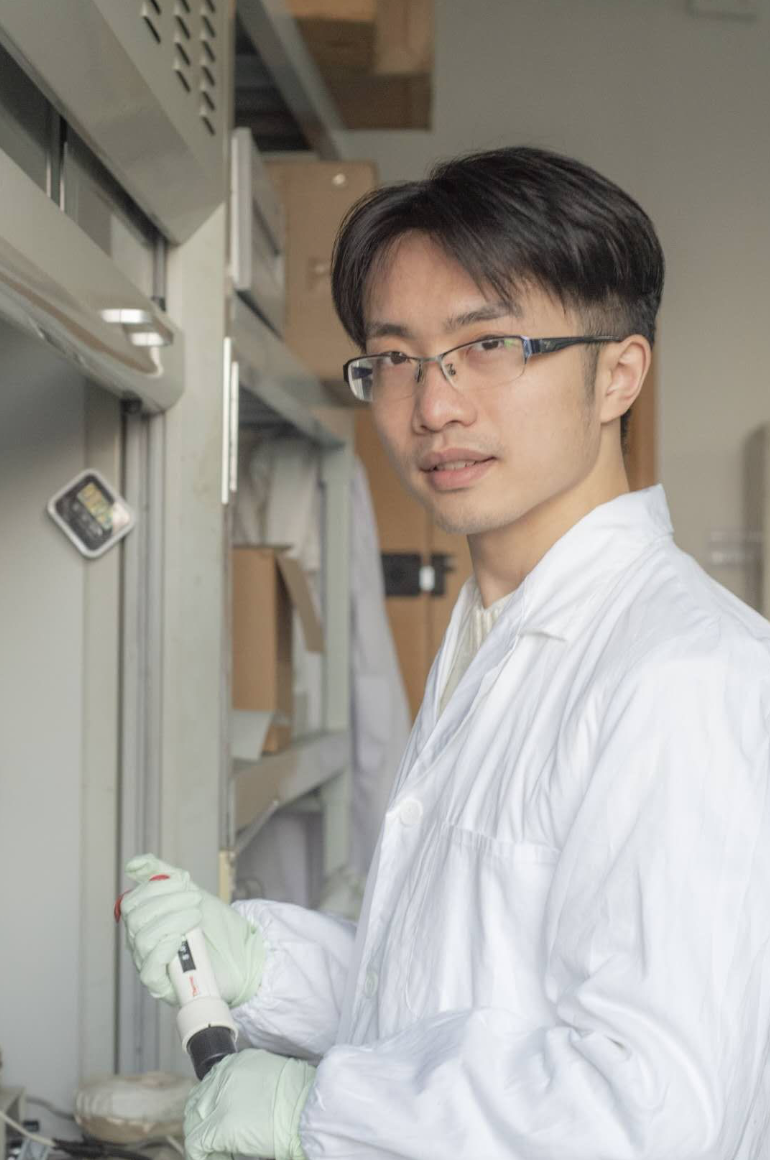
Pan ZENG received his B.S. degree in electrical engineering and automation from Fudan University, China, in 2016. He is now pursuing the Ph.D. degree in physical electronics in Fudan University. His research focuses on the applications of photonic nanostructures, especially by applying new materials to nanoimprinted DFB laser structures.(上海市优秀毕业生)
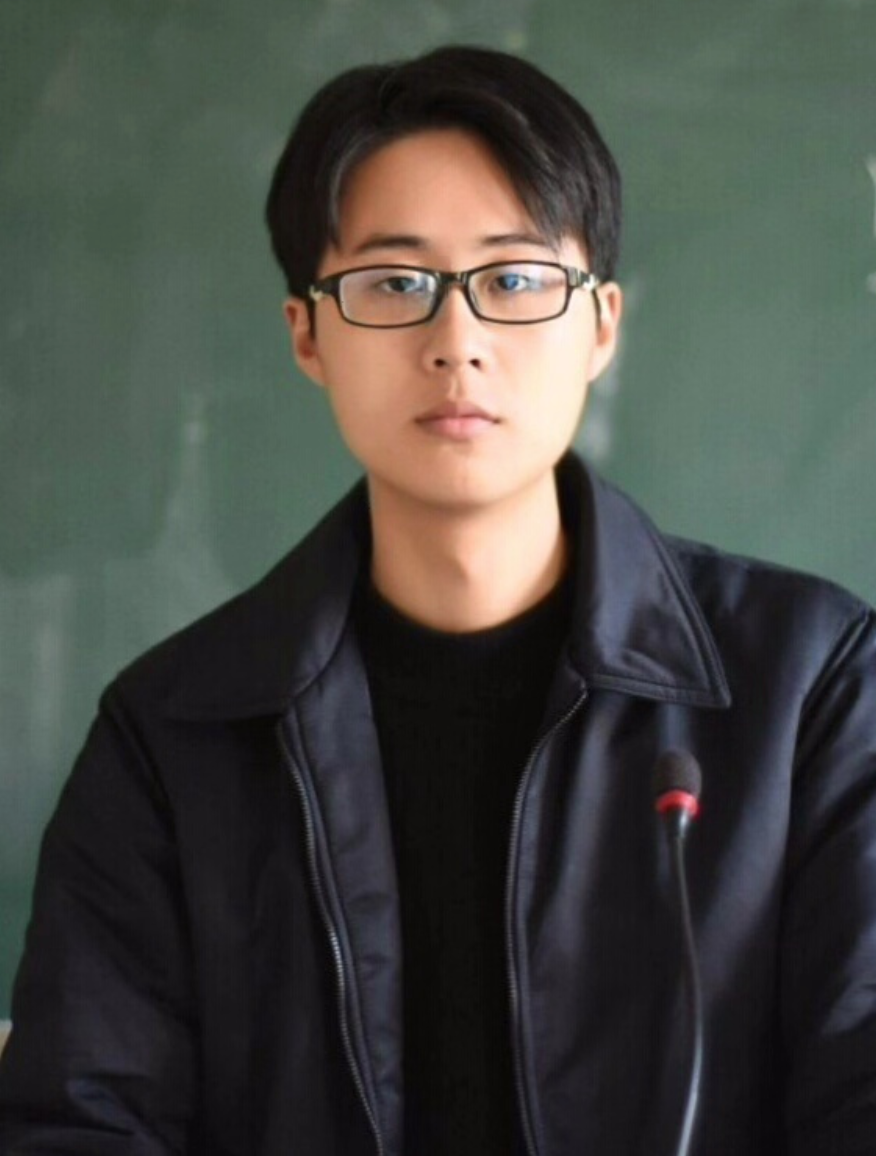
Yujun XIE received the B.S. degree in electric and electronics engineering from the Fudan University, China, in 2016. He is currently pursuing the Ph.D. degree in physical electronics in Fudan University from 2016.His research interest includes perovskite stability and application,visible light communications and sensing.(上海市优秀毕业生,中科院半导体所博士后)
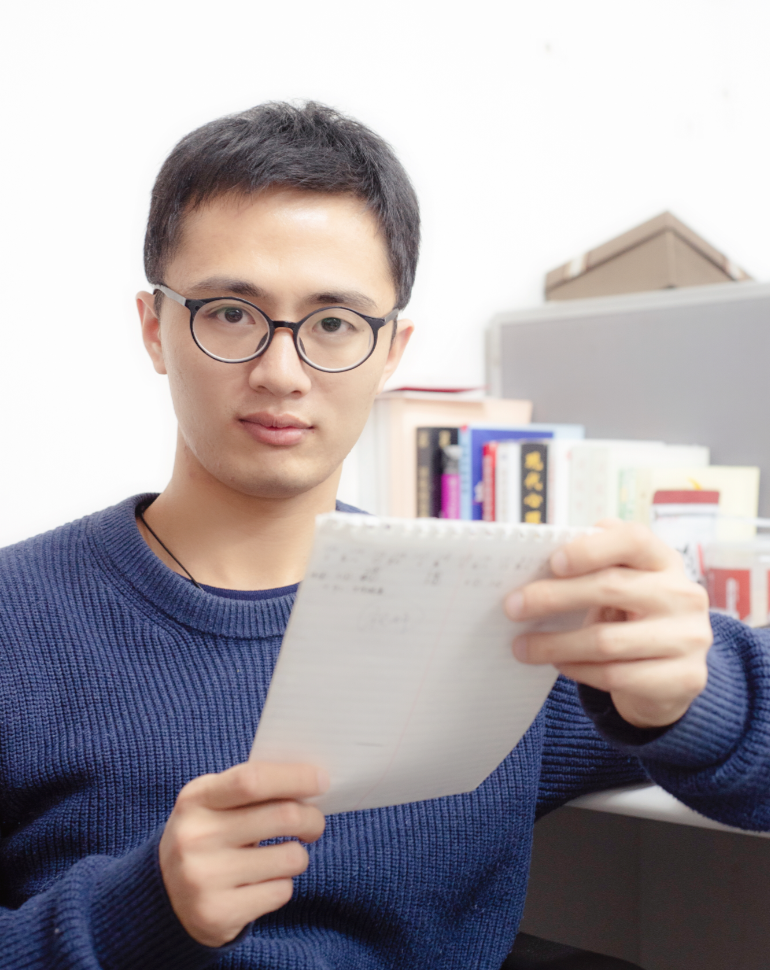
Xuesong LI received the B.S. degree in material chemistry from Central South University, Changsha, China, in 2018. His research interest includes nanoprinting and perovskite solar cells.(复旦大学优秀毕业生,任职于北京市财政局)
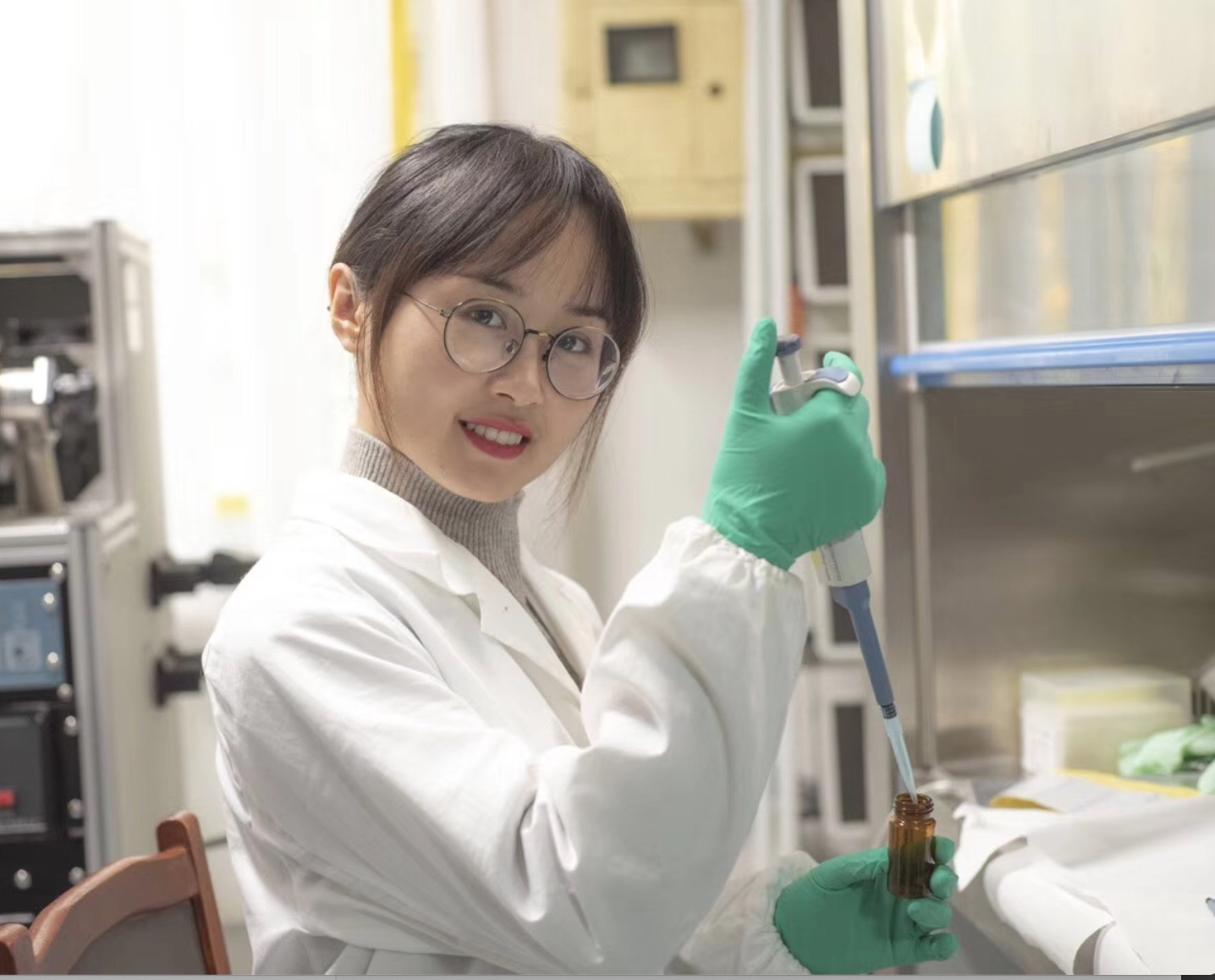
Yurong DONG received her B.S. degree in Nuclear Engineering and Technology from Fudan University, China, in 2017. She received the master degree in physical electronics in Fudan University in 2020. Her research focuses on the synthesis of metal halide perovskite and their optoelectronic applications. She joined Applied Materials, Inc. after graduation and engaged in semiconductor manufacturing applications. (获上海市优秀毕业生,任职于上海先进材料公司)
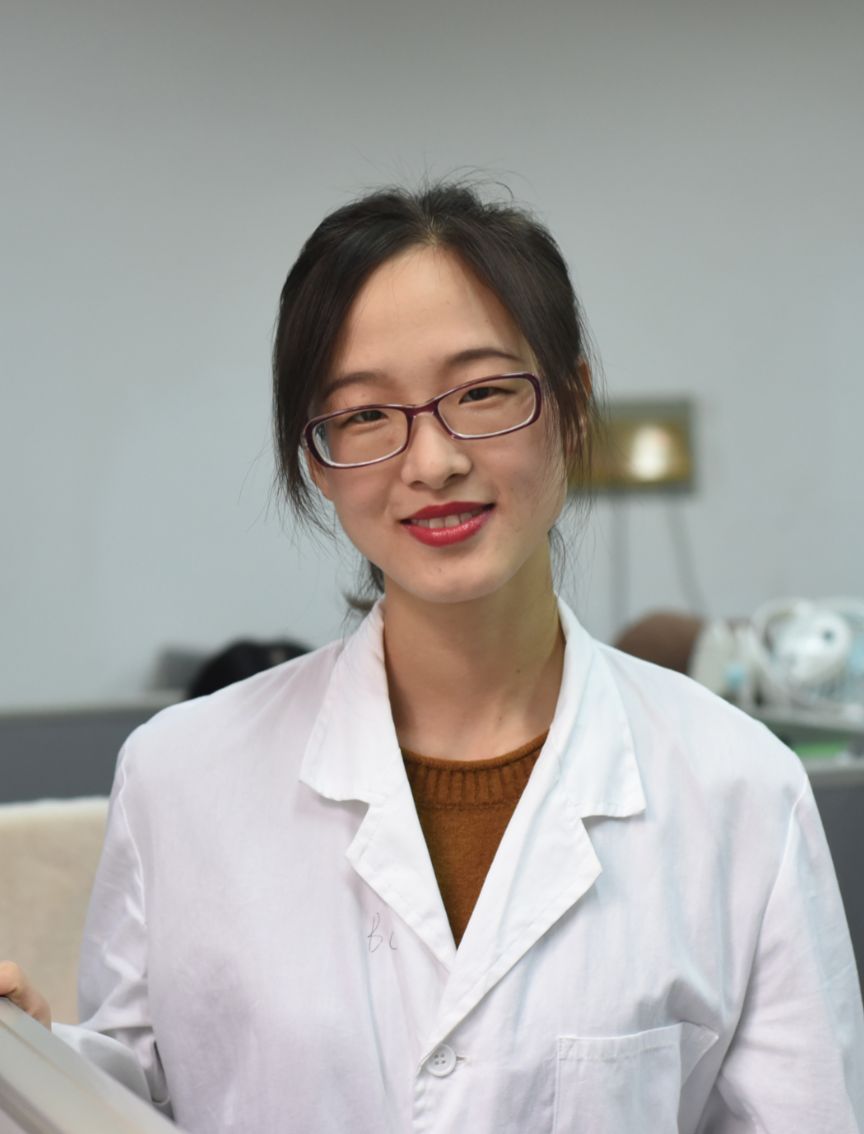
Yan YU received the B.S. degree in materials science and engineering from Hainan University, Hainan, China, in 2015. She received the Ph.D degree in physical electronics in Fudan University in 2020. Her research interest includes nanomaterial synthesis, surface enhanced Raman scattering and sensing. After graduation in 2020, she joined Prof. Yu Cheng’s group and is currently a postdoctoral fellow in Tongji University School of Medicine.(复旦大学化学系博士后)

Bilin YANG received the B.S. degree in electric engineering and automation from Fudan University, China, in 2017. She received the master degree in physical electronics in Fudan University in 2020. Her research focused on nanomaterial thin films and light-emitting devices. She joined Bank of China Head Office in Beijing after graduation and engaged in financial technology application.(任职于北京网信办)

Cheng YANG received the B.S. degree in materials science and engineering from Hainan University, China, in 2014. He received the Ph.D. degree in physical electronics in Fudan University in 2020. His research interest includes plasma applications in synthesis of nanomaterials and nanocomposites for optoelectronics and electrocatalysis. He joined Shanghai Tianma Microelectronics Co., Ltd in 2020 after graduation.(任职于上海天马微电子)
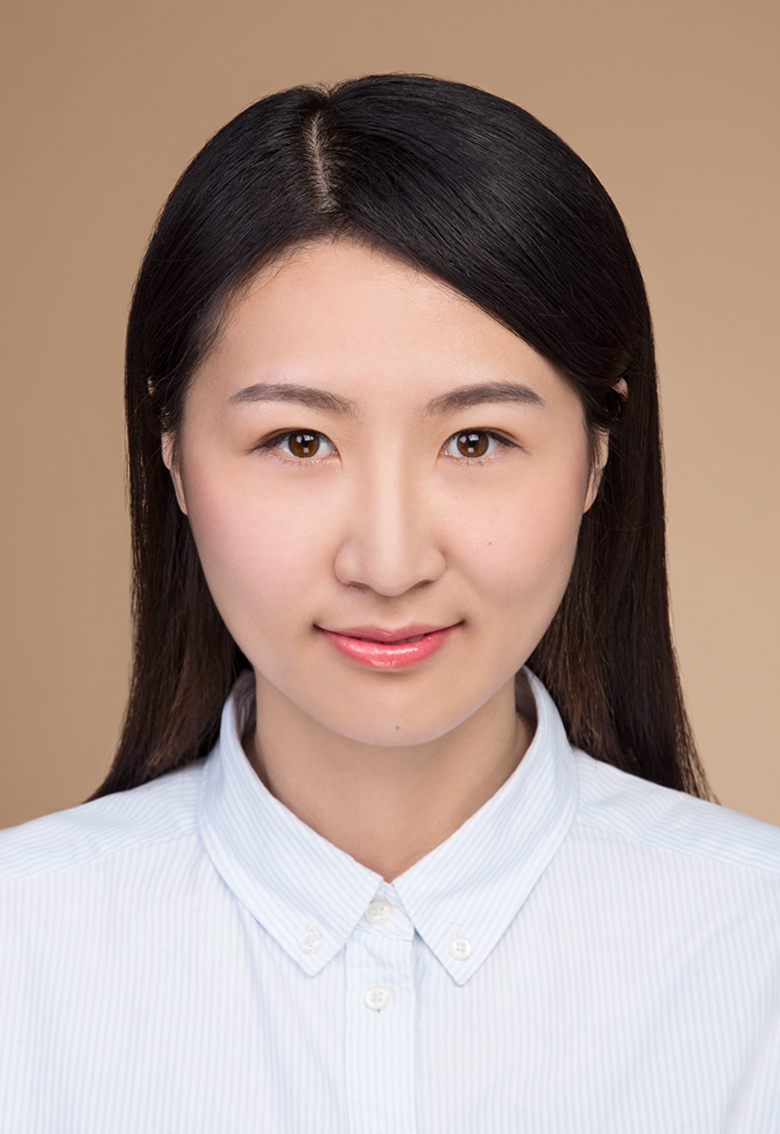
Xilu YANG received the B.S. degree in electric and electronics engineering from the Fudan University, China, in 2013. She started her Ph.D. journey in physical electronics in Fudan University from 2013. She joined Prof. Sir Richard Friend’s group in the Cavendish laboratory, the University of Cambridge, United Kingdom, from 2015 to 2016 as a visiting student. Her current research interest includes optoelectronics, nanoimprint lithography and visible light communications. She joined LumiLEDs in 2018 after graduation. (任职于云从科技)
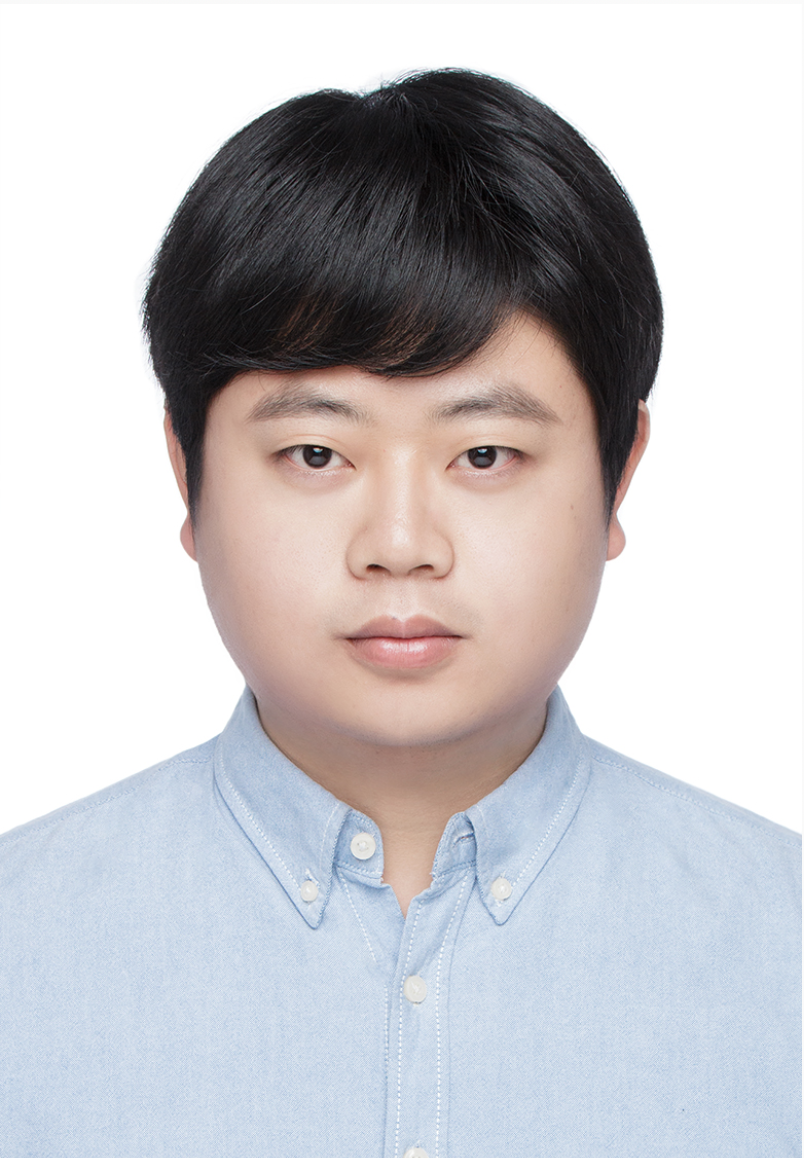
Junyi GONG received his B.S. degree in electric and electronics engineering in 2015 and his M.S. degree in physical electronics in 2018 from the Fudan University, China. After graduation, he joined Prof. Ifor Samuel and Prof. Graham Turnbull’s group and is now pursuing the PhD degree in physics in University of St Andrews, UK. His research interest includes hybrid organic perovskite lasers, perovskite LEDs and nanostructure fabrication.(英国圣安德鲁斯大学攻读博士)

